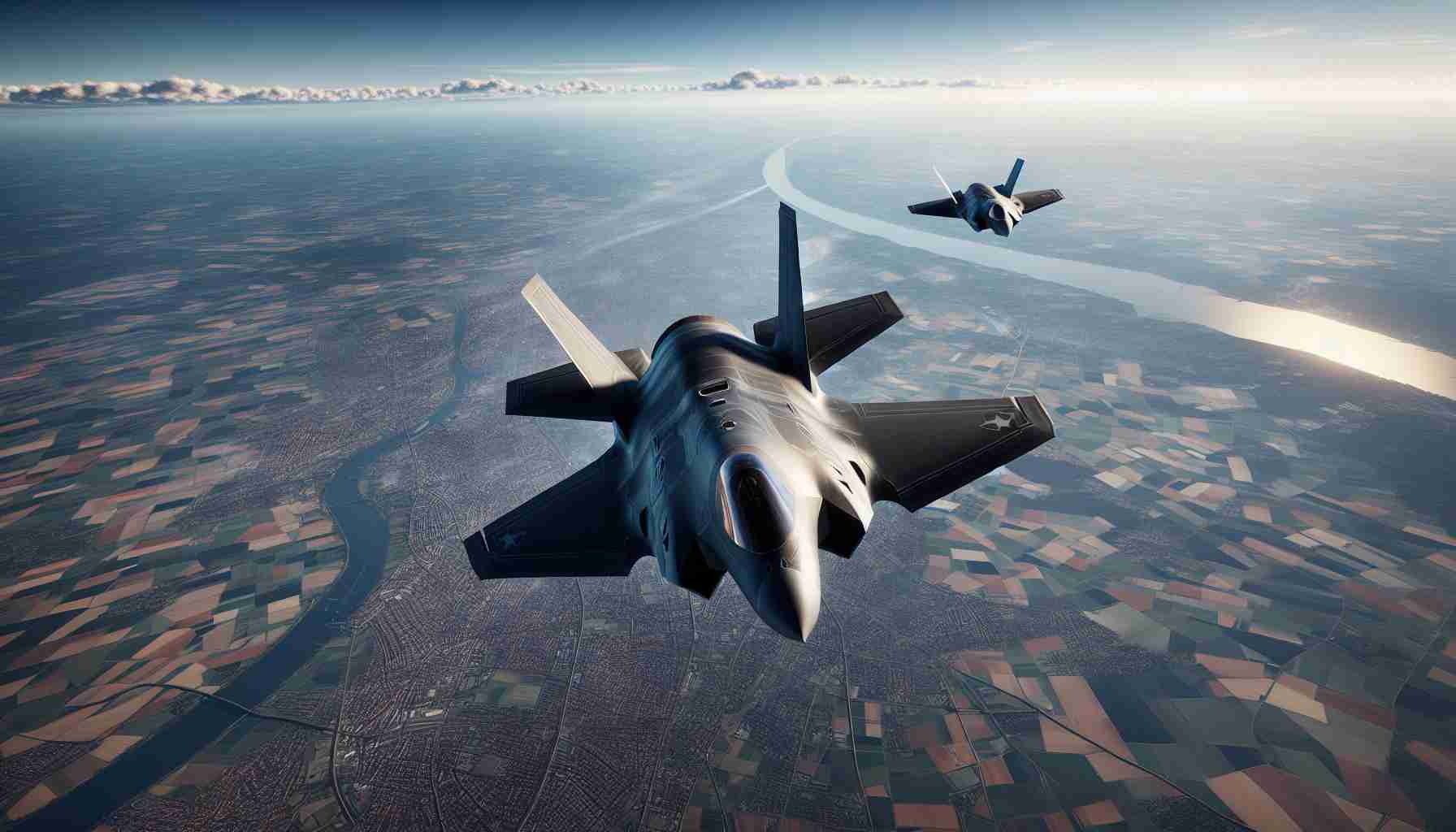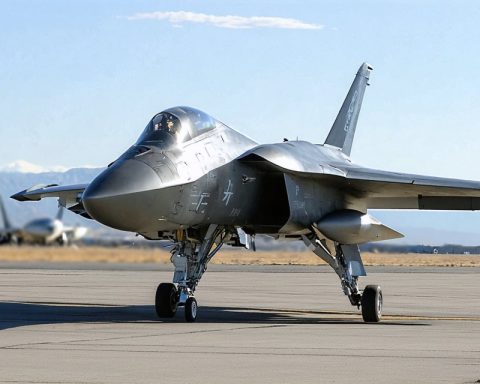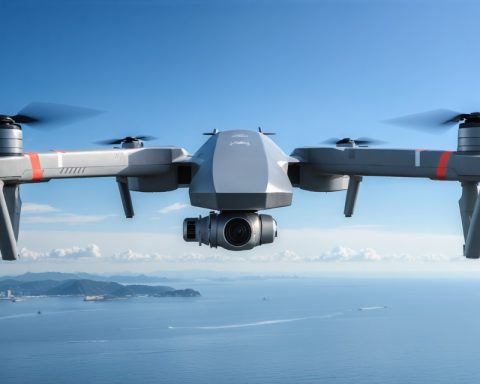Germany is making a significant upgrade to its defense capabilities by acquiring the advanced F-35A Lightning II fighter jets. The production of the first such aircraft for Germany started with a special ceremony on December 5. This move marks a major step in replacing its aging Tornado fleet, which has been part of NATO’s Nuclear Sharing program.
Advanced Nuclear Capability
The new F-35A jets are set to enhance Germany’s military capabilities as they will be equipped to carry B61 nuclear bombs provided by the US. This enhancement aligns with Germany’s NATO commitments, significantly boosting its strategic capacity. The procurement is funded by the “Bundeswehr Special Fund,” amounting to nearly ten billion euros, which includes spare parts, weapons, and a comprehensive five-year logistics plan.
A New Era of Aviation
In July 2022, the US Defense Security Cooperation Agency approved the sale of jets and related equipment to Germany, valued at approximately 8.4 billion dollars. This comprehensive package not only includes the aircraft but also spare engines, specialized equipment, parts sourcing, technical and logistical support for five years, along with personnel training. The new fleet will replace the retired Tornado jets, improving Germany’s response to current and future threats.
Planned Deliveries and Deployment
Germany signed the Letter of Offer and Acceptance to acquire 35 F-35A jets in December 2022 through the US Foreign Military Sales program. Initial deliveries are scheduled for 2026, with training operations beginning at the Ebbing Air National Guard Base in the US. The deployment at Germany’s Büchel Air Base by the 33rd Tactical Air Force Squadron is planned for 2027, allowing the existing Tornado fleet to be fully retired by 2030. Meanwhile, foundational construction for the F-35 Campus is underway to facilitate maintenance and pilot training.
A Global Success Story
Lockheed Martin continues to see success with the F-35 program, having sold over 1,080 F-35 jets worldwide, accumulating 950,000 flight hours. This accomplishment underscores the F-35’s status as a leading fighter jet on the global stage.
Germany’s F-35A Acquisition: A Game Changer for Defense Capabilities
Germany’s Strategic Defense Leap with F-35A
Germany’s decision to bolster its defense systems by acquiring the F-35A Lightning II fighter jets marks a significant upgrade in its military capabilities. This strategic move involves replacing the aging Tornado fleet, enhancing Germany’s role in NATO’s Nuclear Sharing program with advanced nuclear capabilities.
Innovative Features and Advanced Capabilities
The F-35A jets come equipped with cutting-edge technology, including robust stealth features and superior sensor capabilities. They are uniquely designed to carry B61 nuclear bombs, aligning with Germany’s NATO obligations. This advancement significantly boosts Germany’s strategic defense and deterrence capabilities, positioning it at the forefront of aerial military technology.
Investment and Support Infrastructure
The procurement of these jets is supported by the “Bundeswehr Special Fund,” totalling nearly ten billion euros. This funding covers a holistic range of expenses, such as aircraft, spare parts, weapons, and a five-year logistics and maintenance plan. Furthermore, the transaction through the US Foreign Military Sales program emphasizes international cooperation and strategic partnerships.
Training and Deployment Timeline
The integration of the F-35A jets into Germany’s defense system is guided by a detailed timeline. Initial pilot training will commence at the Ebbing Air National Guard Base in the US, with Germany’s Büchel Air Base scheduled for fleet deployment in 2027. This well-coordinated plan ensures that Germany’s Tornado jets will be seamlessly phased out by 2030.
Global Impact and Market Success
Lockheed Martin’s F-35 program has become a hallmark of global military success, with over 1,080 jets sold worldwide. The program’s accumulated 950,000 flight hours spotlight the F-35’s reliability and effectiveness in various combat scenarios. This extensive operational experience strengthens the F-35’s status as an unparalleled fighter jet in military aviation.
Future Implications and Predictions
As military technologies evolve, the integration of F-35A fighter jets into Germany’s arsenal represents a pivot towards more sophisticated, versatile combat strategies. The jets’ advanced tech and capability to adapt to modern warfare challenges predict a broad influence on military tactics and international security policies.
For further insights and updates on cutting-edge military technologies, visit Lockheed Martin.












